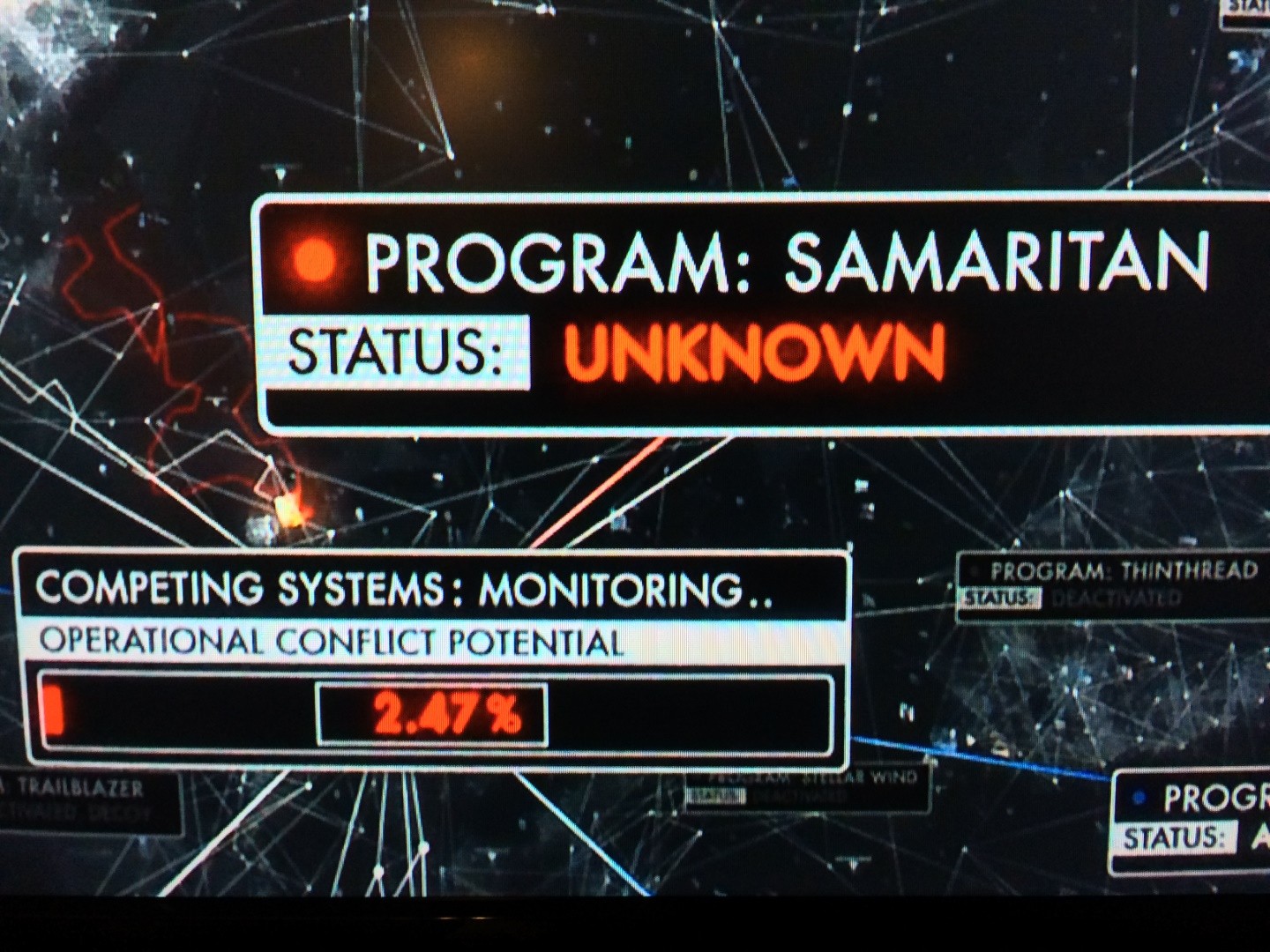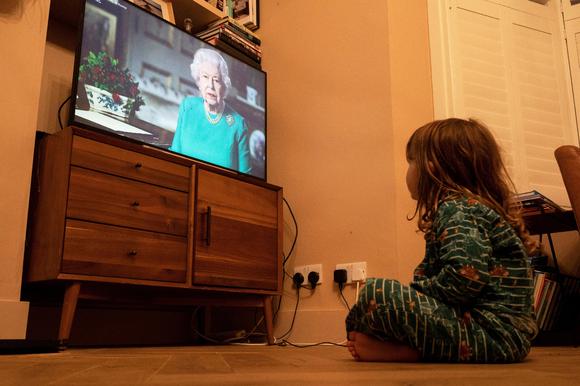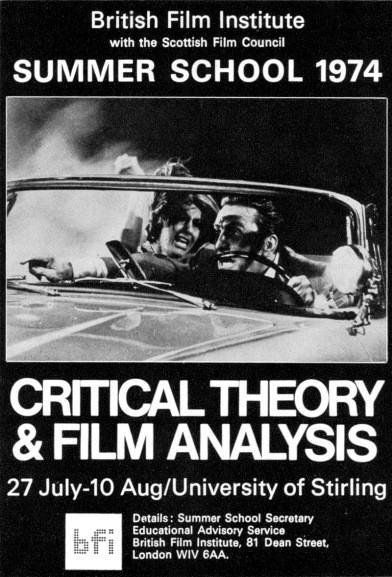
Credit: Photo by Julia M Cameron from Pexels A research opportunity In the days when we were all confined to our homes, new research opportunities arrived.

Credit: Photo by Julia M Cameron from Pexels A research opportunity In the days when we were all confined to our homes, new research opportunities arrived.
Sydney Screen Studies Network Presents: Dial S for Screen Studies 2020 Sydney Screen Studies Network is currently seeking proposals for our 2020 conference, Dial S for Screen Studies , held 18th to 19th November 2020 online via Zoom.

International coproduction, which Michelle Hilmes (2014:10) defines as “a partnership between two or more different national production entities” located in different countries, is exerting a notable influence on the creation of new high-end TV dramas produced outside the US. As ‘peak TV’ continues to expand the annual volume of US-produced TV fiction to unprecedented levels (Koblin 2020), continuing audience demand for distinctive original
Vernon Press invites book chapter proposals for a forthcoming scholarly volume on representations of disability in science fiction, a peer-reviewed collection of essays that will examine how disability identity and experience have been shaped through the science fiction genre.

Open Philosophy invites submissions for the topical issue “Ethics and Politics of TV Series,” edited by Sandra Laugier (Université Paris 1 Panthéon Sorbonne, ERC DEMOSERIES), prepared in collaboration with the European Research Council project DEMOSERIES. TV series are increasingly recognised in current research.

Debate around ‘woke television’ has been increasingly more present in popular parlance.

A new edited collection on true crime in 21 st century American visual and audio media invites proposals for chapters. This new book seeks to present original scholarship on the structure, themes and consumption of true crime in today’s visual/audio media landscape.

This is a reminder that the Learning on Screen (British Universities & Colleges Film and Video Council) termly magazine, ViewFinder is currently open for submission – and the Autumn term 2020 theme is HOME. We are inviting Professors, Academics, Research Students and Practitioners to send pitches and proposals to ViewFinder Magazine.

Fig. 1: Poster of the BFI Summer School 1974 After a quiet 2019, I had a slew of conferences lined up for 2020. Little did I know what was going to happen as I left the first of them in January, an enjoyable MeCCSA conference in Brighton.

Fig. 1: Dark (Netflix, 2017-20) After the release of its third and final season in June, mind-boggling time-travel series Dark reached its completion to resounding critical acclaim, making this the right moment to evaluate the first European Netflix original.

Right then – a new academic year. And that’s why I can see some new faces out there. Well, there’s a lot of questions that you’re going to be bombarded with as you make your way through Television Studies in the coming years. Questions like ‘Is That Argument Strong Enough?’, ‘Why Have You Missed All This Semester’s Seminars?’ and ‘What Do You Mean You’ve Never Heard Of VHS?’. Oh, and I hope you like figs.